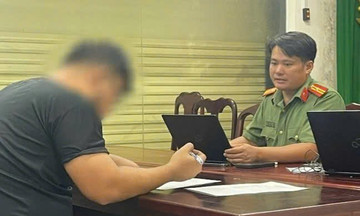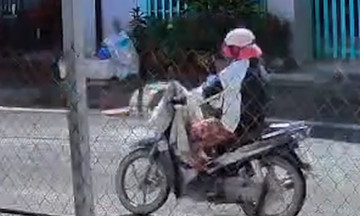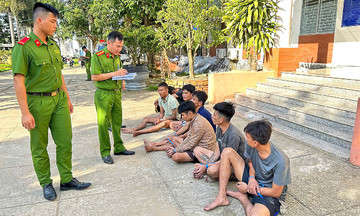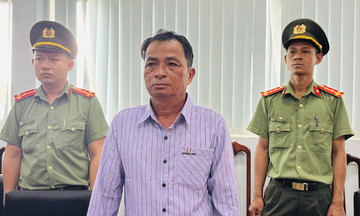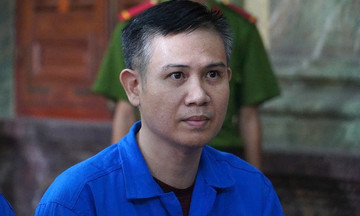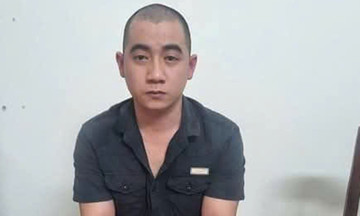Reader Quoc Thao posed these questions, and lawyer Pham Thanh Huu from the Ho Chi Minh City Bar Association provides answers based on Vietnamese law.
According to Clause 4, Article 4 of Circular 148/2018/TT-BQP, the educational criteria for military conscription are as follows: Priority is given to citizens with at least an 8th-grade education, starting with the highest levels. In areas struggling to meet conscription quotas, authorities may consider enlisting citizens with a 7th-grade education. In remote or economically disadvantaged areas, as well as among ethnic minority groups with fewer than 10,000 members, up to 25% of conscripts can have a primary school education, with the remainder having at least a lower-secondary education.
Article 41 of the 2015 Military Service Law outlines exemptions. Students in general education or pursuing full-time bachelor's or associate degrees are granted a deferment for the duration of their studies. Those with higher education degrees who have received deferments are eligible for conscription until the age of 27.
Employed individuals within the conscription age range (18 to 25, or up to 27 for those with deferred higher education) are generally required to serve, unless they qualify for deferment or exemption under Article 41 of the 2015 Military Service Law (amended in 2019).
Deferments are granted in the following circumstances: individuals deemed unfit for service by the health examination board; sole providers for dependents who are unable to work or are underage; individuals from families severely impacted by accidents, natural disasters, or epidemics (verified by communal People's Committees); one child of a wounded soldier or Agent Orange victim with 61% to 80% disability; individuals with a sibling serving in the military or People's Public Security; those relocated to extremely disadvantaged areas within the first three years of a government resettlement program; civil servants and youth volunteers assigned to work in extremely disadvantaged areas for 24 months or more; full-time militia members; and students pursuing general education or full-time higher education degrees.
Exemptions are granted to: children of martyrs or first-class wounded soldiers; one brother of a martyr; one child of a second-class wounded soldier, a wounded soldier with over 81% disability, or an Agent Orange victim with over 81% disability; and non-military personnel working in cryptography for the People's Public Security.



